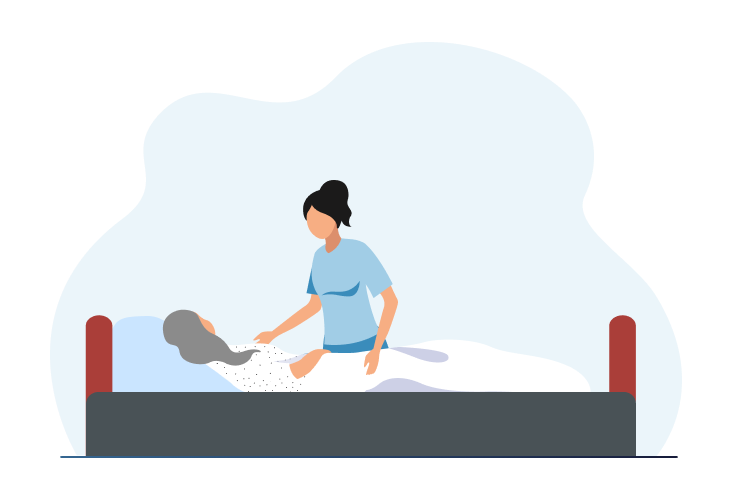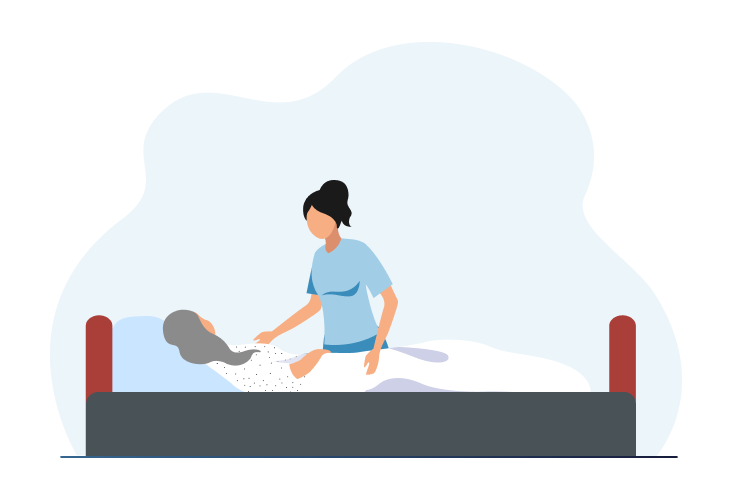Ezra Home Care: Unwavering Support for Israel Against Hamas Terrorism and Its Backers


As families make difficult decisions about their loved ones' care, we offer a solution that allows individuals to remain at home as they approach their final days. Studies show that many people wish to pass away in their own homes, but only a small percentage are able to do so. Our services are designed to increase this opportunity by providing professional care that ensures comfort and emotional well-being at home, in communities like Natick, Newton, and Greater Boston.
Our team is dedicated to offering support across various aspects of care, helping patients maintain dignity and comfort. Some of the services we provide include:
By choosing our services, patients can remain in a familiar, peaceful environment during their final days. Our approach ensures that both the patient and their family feel supported emotionally and physically. With a focus on dignity and comfort, our caregivers provide the necessary resources for this phase of life, allowing families to focus on spending quality time together.
Our services help reduce hospital readmissions, minimize discomfort, and offer families peace of mind. At Ezra Home Care, we are here to provide a safe, supportive space for both patients and their loved ones.
Navigating this stage of life is never easy, but you don’t have to do it alone. Ezra Home Care is here to provide compassionate and professional support in Greater Boston, including Natick, Newton, and surrounding areas. Let us help you ensure comfort and dignity for your loved one.
Call us today at 617-206-2165 to learn more about our services.
We listen to your needs and concerns about the kind of care you or your loved one may need.
The information that we gather from the Needs and Safety Assessment will be used to produce a customized and comprehensive care plan for you or your loved one.
Speak to our client advocates today!
or call us at 617-206-2165